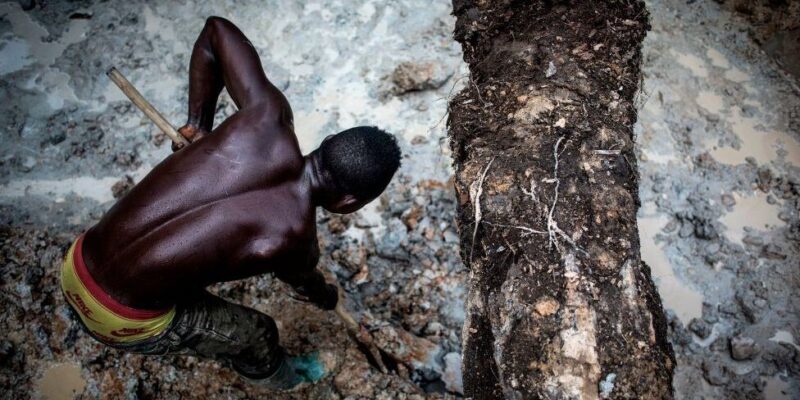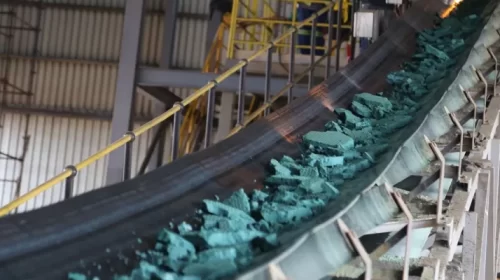The changing attitude towards artisanal cobalt miners
The attitude towards cobalt mined by artisanal and small-scale miners (ASM) has come a long way in just a few short years. Once under the spotlight by end users as a questionable, high-risk source , but more recently under the spotlight as an increasingly safe, stable and traceable source.
As end-users continue to question and improve their understanding of the cobalt supply chain due to traceability concerns, strides continue to be made in improving and formalising ASM cobalt supply from the Democratic Republic of Congo (DRC), the world’s largest producer of this battery material.
The benefit of all of this in my opinion? Ensuring that ASM material is not only responsibly sourced, but provides social and economic benefits to artisanal miners – the most marginalised, vulnerable workforces.
In 2018, commodities trading group Trafigura and NGO Pact first piloted an approach to the responsible sourcing of cobalt from semi-mechanised operations at the Mutoshi concession in the DRC and just this week, Congolese mining company Entreprise Générale du Cobalt signed a trading agreement with Trafigura to fund the creation of strictly controlled artisanal mining zones, the installation of ore purchasing stations and costs related to the transparent and traceable delivery of cobalt hydroxide to Trafigura.
For the DRC to benefit from the value of cobalt – a key raw material in the manufacture of decarbonisation technologies important in achieving a low carbon future – it is essential that every measure be taken to support the formalisation of ASM industry in Africa where human-rights abuses within the mining sector remains commonplace.
source: Afrik21
![]()





